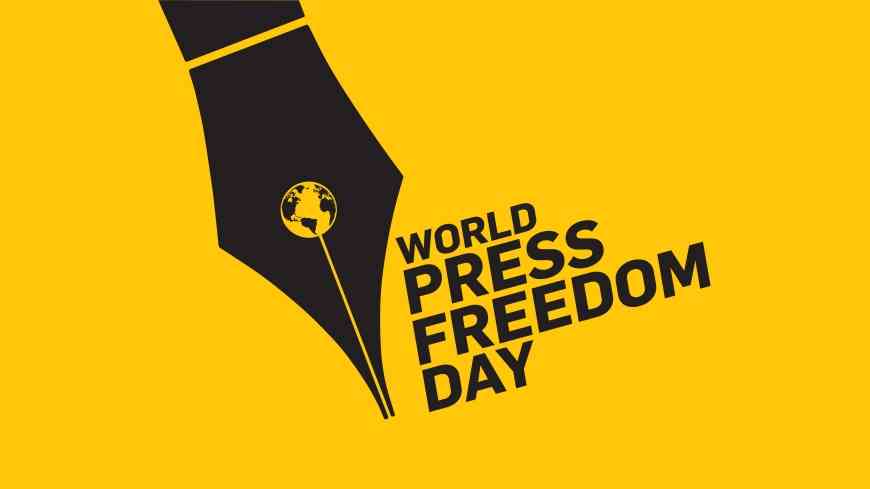
THE globe celebrates World Press Freedom Day today amidst a catastrophic drought caused by climate change.
This poses questions about how the media is playing its role in influencing a positive change in averting adverse effects of climate change.
Even the theme ‘A press for the planet: Journalism in the face of the environmental crisis’ dovetails well with the prevailing challenges. The theme, which underscores the importance of a free and independent media, is relevant in view of the environmental challenges crippling Zimbabwe — from high temperatures to poor rains. The effects are just disastrous!
To say the country is grappling with the harsh realities of climate change could be an understatement. The consequences of the changes are debilitating on the environment, society and economic front.
Nestled at the heart of southern Africa, Zimbabwe’s parched land and dwindling water resources paint a bleak picture for its citizens and the global community.
As Zimbabwe faces a severe El Niño-induced drought, which plunged approximately 2,7 million people on the brink of starvation, the country finds itself at crossroads.
In March, President Emmerson Mnangagwa declared the drought a disaster, stating that US$2 billion was needed to avert the crisis.
Official data reveals that the drought decimated 80% of crops during the 2023/2024 cropping season. What a disaster!
- Mavhunga puts DeMbare into Chibuku quarterfinals
- Bulls to charge into Zimbabwe gold stocks
- Ndiraya concerned as goals dry up
- Letters: How solar power is transforming African farms
Keep Reading
State media reported in March that drought conditions killed 9 000 cattle. This is not merely a seasonal problem. It is a symptom of a more worrying trend.
Climate change has left once-fertile regions barren. The impact on agriculture in Zimbabwe has been devastating. Agriculture is the backbone of Zimbabwe’s economy; hence any drought has over-arching consequences, even on economic growth.
The environmental crisis must be addressed, urgently.
As the country commemorates World Press Freedom Day, it is important for the media to do a self-introspection of the coverage of environmental issues and explore ways to enhance their role in amplifying the crisis and solution journalism, which advocates for ways to mitigate such disasters.
The local media have undoubtedly covered environmental topics, which include climate change, biodiversity and conservation, pollution and environmental degradation.
Other key topics are natural disasters and hazards, sustainable development, environmental justice and social equity and policy and regulations.
However, as the media, we have fallen short of adequately addressing the gravity of the situation.
Very often, environmental stories are relegated to the side-lines or overshadowed by political and economic issues.
This limited coverage, not only fails to capture the extent of environmental degradation but also undermines efforts to raise awareness and push for action.
The media needs to prioritise environmental issues and ensure consistent coverage of these matters, which have life or death impacts for millions of Zimbabweans and future generations.
Media houses need to dedicate resources to tackle diverse environmental topics, including climate change, deforestation, wildlife conservation, pollution and sustainable development.
Journalists should always uphold he highest standards of journalism in environmental reporting. This should be done through conducting research, fact-checking, and verification to provide accurate coverage and comprehensive insights into environmental challenges and solutions.
In addition to reporting environmental crises, the media also plays a crucial role in educating the public and raising awareness about environment issues and impact on everyday lives.
Through engaging storytelling, infographics, and multimedia content, the media can demystify complex environmental issues. Thus, the media can inspire individual and collective action against climate change.
Investigative reporting plays a vital role in uncovering environmental injustices, exposing wrongdoing, and holding accountable those responsible for environmental issues, shedding light on issues such as illegal logging, wildlife trafficking, water pollution, and land degradation.
Using the Freedom of Information Act, the media can demand access to information in the public’s interest.
By empowering journalists to report freely on environmental issues, Zimbabwe can utilise the power of the media to push for action, and create a more sustainable future for generations.











